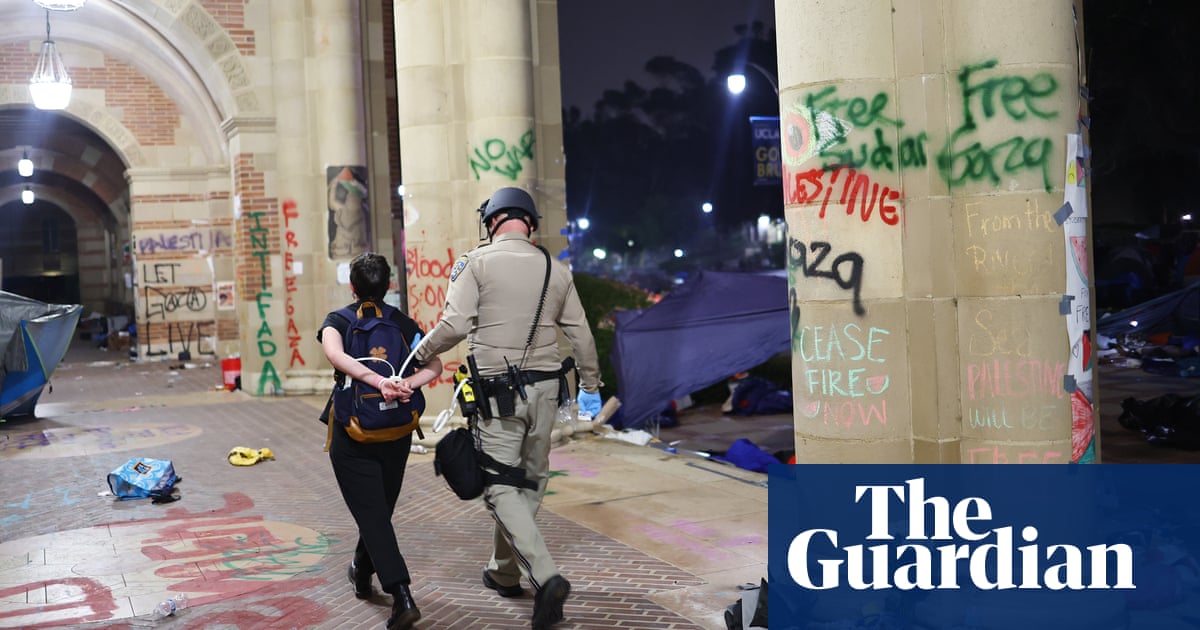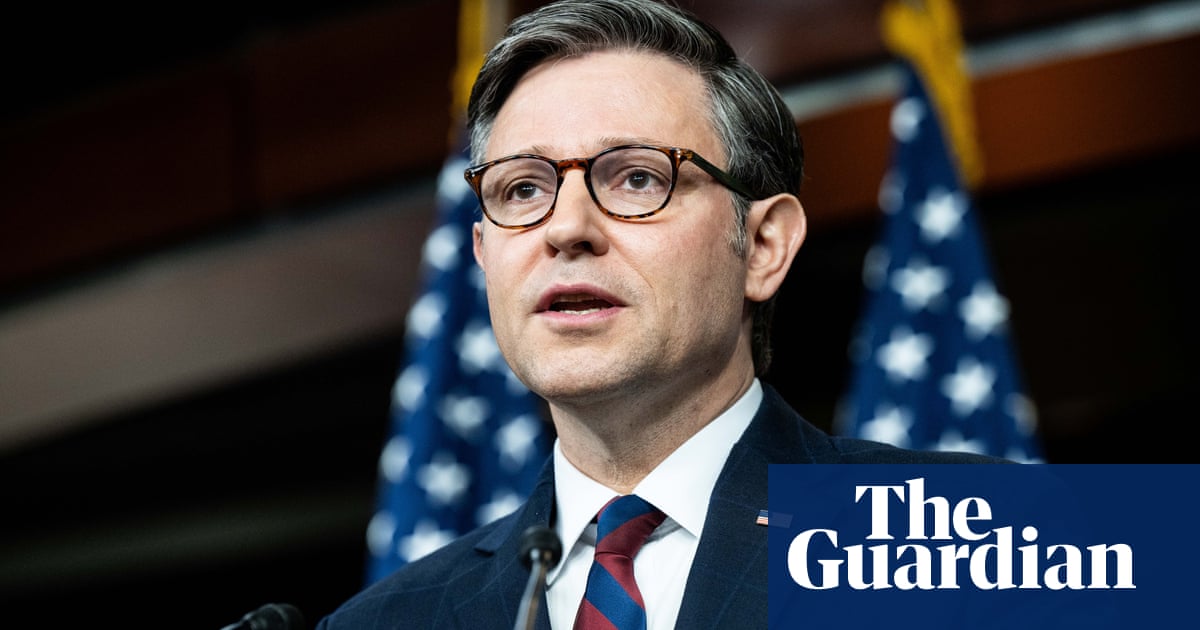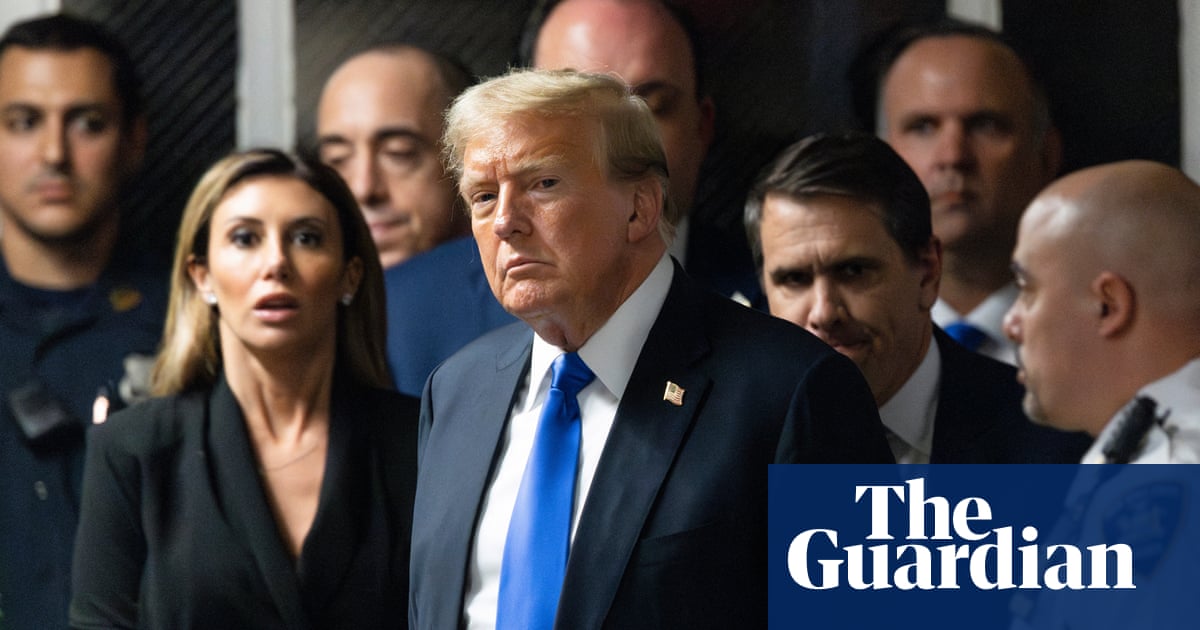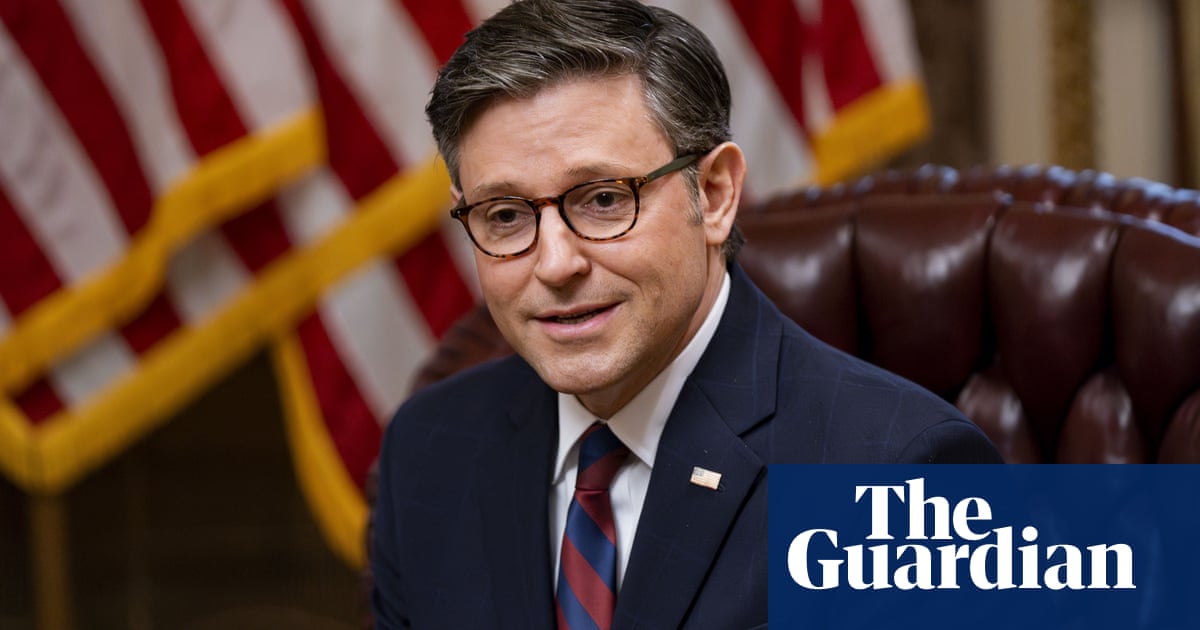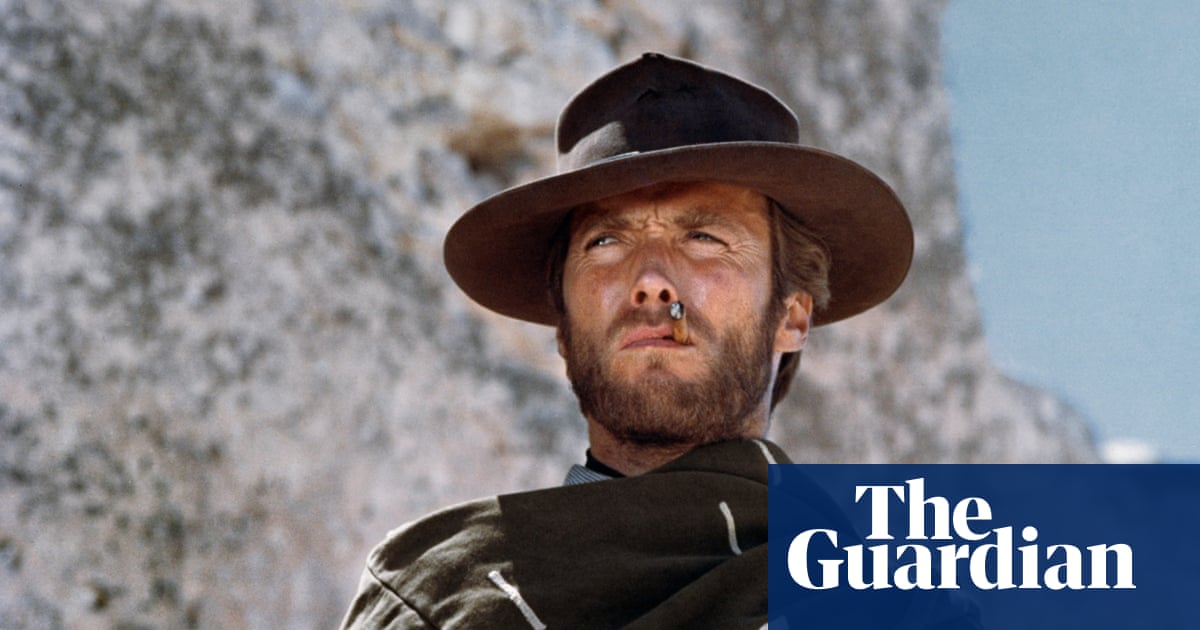The University of California, Los Angeles (UCLA) has threatened to discipline and withhold degrees from at least 55 students involved in pro-Palestinian demonstrations, according to faculty members supporting the students.
Students who were arrested on 2 May when police forcefully raided the Gaza solidarity encampment received letters on Friday from administrators accusing them of violating the student code of conduct and warning them of a range of potentially serious sanctions. In the letters, copies of which have been reviewed by the Guardian, assistant deans write that the students failed to respond to police’s dispersal orders and engaged in “disorderly behavior”, “disturbing the peace” and “failure to comply”.
The students are required to attend a meeting to discuss the “allegations” against them, according to the letters, and “no degree may be conferred until any pending allegations and any assigned sanctions and conditions have been completed”.
The letters further warn that if students do not schedule their meetings by 5 June or miss their appointments, the administration will place a “hold” on their records, preventing them from registering for future classes, obtaining grades or graduating. Some students said “active holds” were already placed on their online accounts, with a “you are prevented from graduating” warning.
The letters also said the university had not made a “final decision” about their cases: “Please note that during our meeting, you will be given the opportunity to explain this situation from your perspective.”
UCLA spokesperson Eddie North-Hager declined to comment, citing confidentiality policies. He pointed to the university’s disciplinary procedures, which lay out a wide range of possible sanctions for code violations, including forced apologies, housing exclusion and suspension.
The threats come as university administrations and law enforcement across the US continue to crack down on student demonstrators who set up encampments in the past two months calling for their institutions to divest from military-weapons-production companies and firms supporting Israel’s attacks on Gaza. New York University recently faced backlash for requiring student protesters to write an apologetic “reflection paper” as punishment.
UCLA, one of the nation’s most prominent public universities, has faced particularly intense scrutiny after counter-protesters physically attacked pro-Palestinian protesters in the solidarity encampment on then night of 30 April. Police stood by for hours as the attacks escalated.
Later that week, police cleared the encampment and arrested members and organizers. The militarized response sparked criticism from faculty across the campus, some calling for the chancellor’s resignation. This week, UCLA graduate student workers also went on strike in protest of the university’s response to protests.
In congressional testimony last week, UCLA chancellor Gene Block declined to answer questions about potential disciplinary measures, but said he wished he had dismantled the encampment sooner: “With the benefit of hindsight, we should have been prepared to immediately remove the encampment if and when the safety of our community was put at risk.”
Graeme Blair, a UCLA political science professor who is part of a group of faculty supporting the students facing discipline, said his group was, as of Thursday afternoon, aware of 55 students who had received the letters, but expected many more could be called into meetings, since more than 200 people were arrested on campus on 2 May.
“These are students who were standing up for something they believe in, and they are now subject to potential life-altering consequences,” Blair said.
Arrested students have not yet been arraigned on criminal charges, and it’s unclear if local prosecutors will be moving forward. Faculty assisting the students have expressed concerns that the disciplinary meetings could place the students in legal jeopardy – that if they admit to certain conduct to administrators, their comments could be used against them by prosecutors.
Vincent Doehr, a PhD student in political science who received one of the letters, said the communications from administrators have caused significant anxiety: “These are students already suffering from post-traumatic stress disorder from having been attacked and subjected to the violence of the state on behalf of the UCLA administration, and now they have to go through another disciplinary process.”
Doehr said he believed the administration’s response not to be grounded in concerns over student safety, but in a desire to discourage pro-Palestinian activism. “The university wants to silence students speaking about a genocide,” he said.
Marie Salem, a graduate student and media liaison for the encampment, who also received one of the letters, described the disciplinary process as an “intimidation tactic” and said targeted students felt a “sense of abandonment”. She said: “It’s the same abandonment that students felt when the camp was being attacked by counter-protesters and then police.”
Salem reiterated protesters’ demands that the university issue disclosures about its financial ties: “This shows us that the university again would rather hurt their students than even consider divesting.”
The process was particularly stressful for graduating seniors, students on scholarships and international students with visas, said Nour Joudah, professor in Asian American studies, who is part of a UCLA Faculty for Justice in Palestine group and is supporting students facing discipline. The Palestinian professor, who has lost family in Gaza, urged the administration to engage with students’ divestment demands, which they have continued to push despite risk of discipline.
“Even when their physical safety is under threat, when they are being arrested and subjected to code-of-conduct meetings, they continue to not center themselves and to recenter Gaza – to insist that the most and only important things is the end to genocide and that the university not be complicit in the Israeli occupation.”
